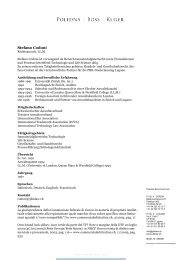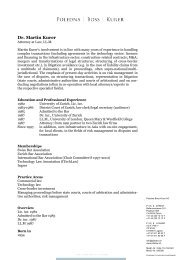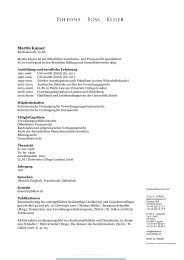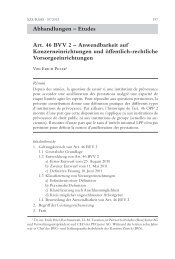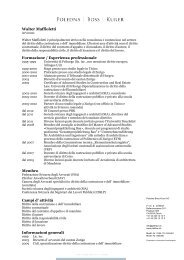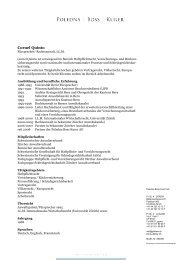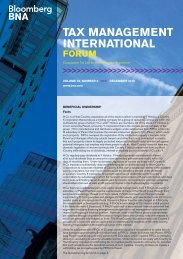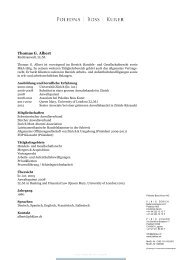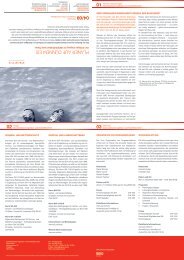721.8 kB - Poledna | Boss | Kurer
721.8 kB - Poledna | Boss | Kurer
721.8 kB - Poledna | Boss | Kurer
- No tags were found...
Create successful ePaper yourself
Turn your PDF publications into a flip-book with our unique Google optimized e-Paper software.
FEATURED ARTICLESISSUE 30 | JUNE 6, 2013IC-DISC: Still Viable ForFlow-Through Entitiesby George Koutouras, Partner, and LindseyMoore, Manager, Moss Adams LLPThe interest charge domestic international salescorporation (IC-DISC) structure has gainedpopularity in recent years for tax planning becauseof the income tax savings attained by eligiblecompanies. However, it's not a new concept– the domestic international sales corporation(DISC) and its corresponding export tax incentiveswas first introduced in 1971, 1 while theIC-DISC has existed in its current form withsimilar incentives to those in existence prior tothis amendment since the Jobs and Growth TaxRelief Reconciliation Act of 2003 2 was signedinto law. The Jobs Act was the legislation thatalso first lowered the taxation of qualified dividends(including IC-DISC dividends) from theordinary income tax rate to the much lower capitalgains tax rate 3 .Th e IC-DISC's policy aim remains the same asthe DISC's: to motivate US manufacturers tomake products domestically and stimulate USexports. However, since the 1970s the changingbusiness environment has led to an increasedmobility of resources and expansion to new markets– even for smaller US companies that mayhave historically limited their market to domesticcustomer sales – potentially undermining theIC-DISC's efforts. 4Basic Mechanics Of The IC-DISCTypically, a flow-through entity forms an IC-DISCas a domestic subsidiary corporation through whichall foreign sales of US goods and services are made.The tax benefits of the IC-DISC structure are generatedby the tax rate differential between ordinaryincome and dividend income for individuals. As aresult of the structure, export income is subject toan effective tax rate of up to 23.8 percent 5 insteadof the ordinary individual income tax rate of upto 39.6 percent. 6 Effectively, the operating corporationreceives a tax deduction for the commissionpayment to the IC-DISC, but the IC-DISC itselfdoes not pay tax on the commission income. Thenthe IC-DISC distributes its earnings to its shareholders,which are typically either individuals or aflow-through entity owned by individuals. The distributionis treated as a qualified dividend and, assuch, taxed at capital gains rates.In its basic form, an IC-DISC is a domestic, taxexempt7 corporation whose entity structure can becharacterized as a "paper" corporation; that is, it's notrequired to perform services, have employees, have24



